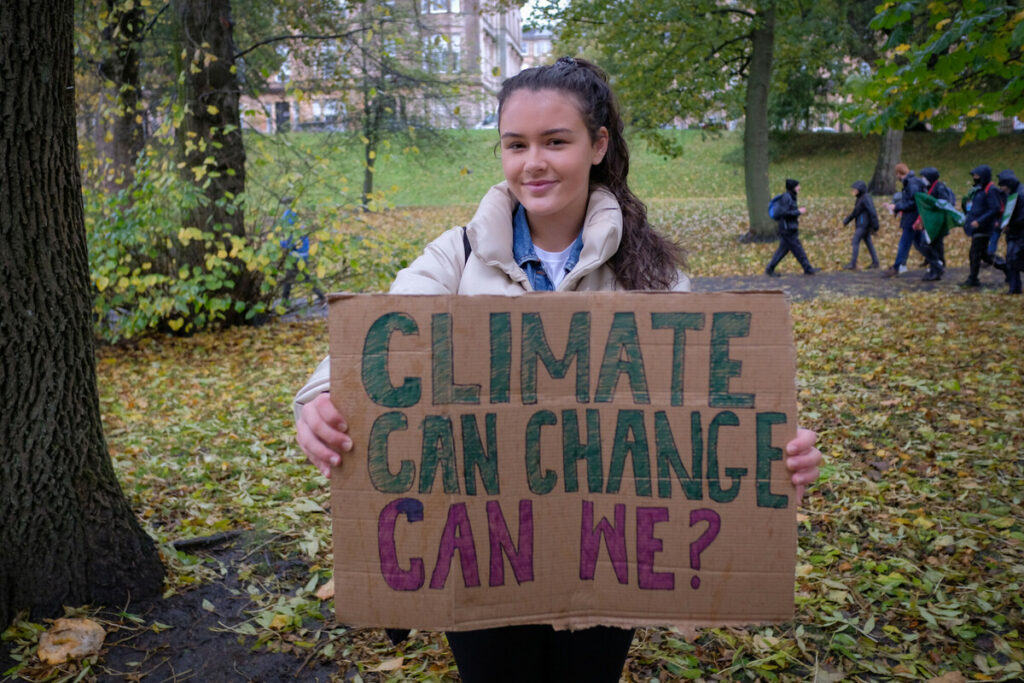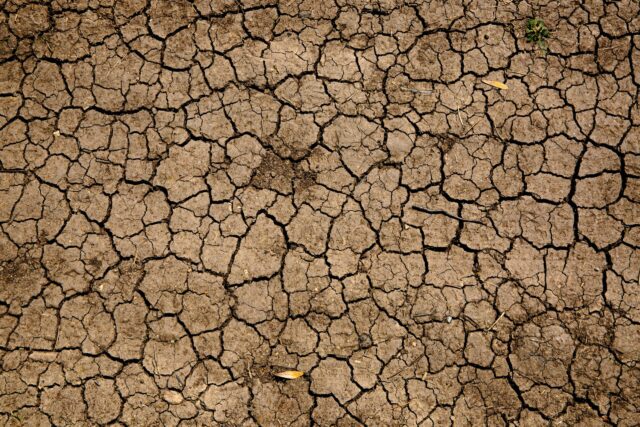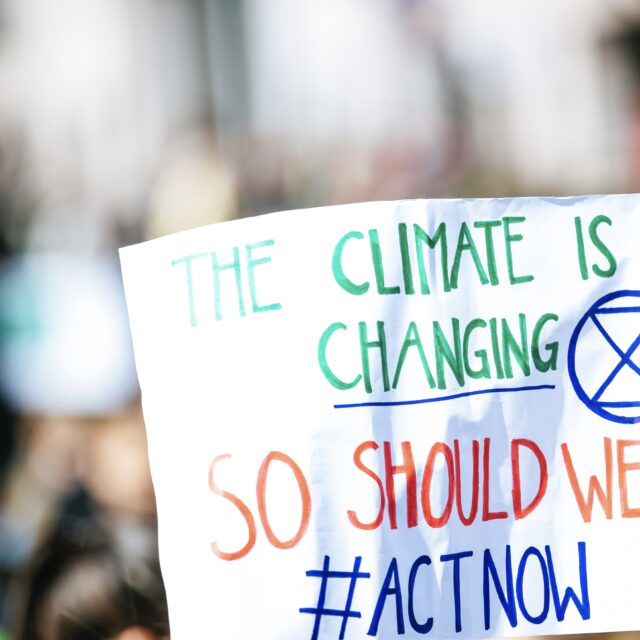Feeling hot? Youre not the only one. As heat waves become more frequent and severe, those living in poverty are disproportionately affected. People with lower incomes face a 40% higher exposure to heat waves than those with higher incomes. Here are six ways that heat waves can make inequality worse.
1. Increased mortality rates
Older people, those with health problems, and the very young are especially vulnerable to heat-related illness and death. These groups are also more likely to live in poverty, as they are more likely to live in substandard housing or have limited access to healthcare.
2. Economic, work, and educational disruption
Disruptions to work and school can lead to lost income and productivity. Since the 1990s, heat waves brought on by the climate crisis could have cost the global economy $16 trillion. As expected, this is particularly challenging for low-income populations, who are more likely to rely on daily wages or to have children who are unable to attend school.
3. Increased food insecurity
Heat waves can increase the risk of food insecurity. Heat waves can damage crops and livestock. This leads to higher food prices, which makes it difficult for low-income households to afford the food. About 80% of the global population most at risk from crop failures and hunger from climate change are in Sub-Saharan Africa, South Asia, and Southeast Asia, where farming families are disproportionally poor and vulnerable, according to the World Bank.
4. More forced migration
This study concludes that heat waves and rising temperatures are likely to force people to move to cooler climes. Additionally, migrants who travel in high temperatures are at risk of heat illnesses and death. ONEs Senior Policy Director Joe Kraus details the link between climate change and migration in this Twitter thread.
Record heat waves have again hammered Asia and North America.
When temperatures become unsurvivable, people have 2 choices: relocate or die.
The most under-appreciated aspect of climate change? The massive wave of migration it will cause.
Heres what itll look like. pic.twitter.com/PWW6Gh0kdT
Joseph Kraus (@hurrayforfacts) May 23, 2023
5. Mental health impacts
Extreme heat can lead to mental fatigue, stress, anxiety, and depression. It is more common for people living in poverty to experience these issues, as they are likely to live in crowded and noisy environments. Studies have even shown that higher temperatures increase suicide rates.
6. Higher crime rates
The heat can lead to irritability, aggression, and violence, thus increasing crime rates. This is particularly problematic in urban areas, where the heat can be amplified by air pollution and other environmental stressors. In South Africa, for example, for every degree that the temperature rises, there is a 1.5% increase in the number of murders.

ONE Activist at a Climate Justice event in 2021



